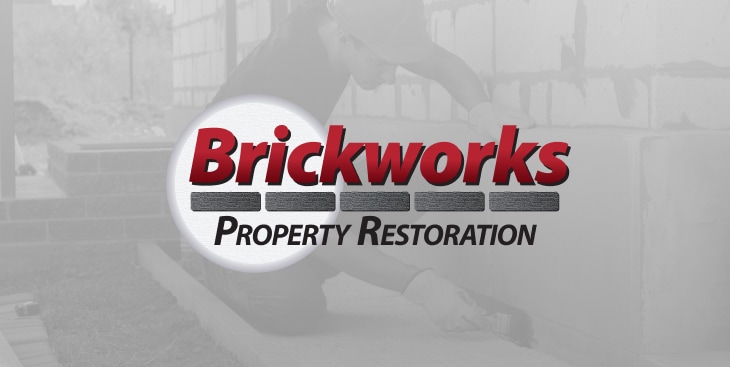

Why Does Concrete Crack and How Can You Prevent It?
Have you ever had your driveway paved with a fresh layer of concrete, only to get frustrated when cracks break the surface a month later? If so, you’re not alone. But why does concrete crack? And what steps can you take to prevent it from happening? Here’s everything you need to know.
Why Does Concrete Crack?
If you have any doubts that concrete can crack, just take a drive through the city streets. This is the same kind of concrete that is used in your driveway! But why does concrete crack exactly? This can occur for any number of reasons, such as improper drainage of rainwater or improper pitch. You’ve also got to consider water getting into preexisting cracks and freezing, thus causing further damage to the damaged concrete.
There could be underlying root systems that slowly creep up over time and break their way through concrete or upset the natural balance of the earth. Anything that has the potential to shift the ground and upset the natural resting position of concrete can cause concrete to crack. In addition to the shifting of the ground, premature drying can also cause surface-level cracks to spread like tiny spiderwebs, but there are also a few other types of cracks that can occur which can be easily prevented.
As you can see, there’s a lot to consider when dealing with potential cracking hazards.
Shrinkage and Expansion
Shrinking and expanding is another common cause of concrete cracking. As the concrete mixture begins to dry, it shrinks, and during this time there is a chance that cracking can occur if not laid properly and if an imbalance of water is used in the mixture. On the other hand, heat can cause concrete to expand and crack in the opposite way. If a sidewalk gets too hot and doesn’t have the space to expand, these cracks can open up on the surface and deep within the slabs. These types of cracks can generally be prevented by taking special precautions against shrinking or expanding to fight deterioration.
How Can You Prevent It?
There’s no need to worry about cracks in your concrete if you know how to prevent them. Firstly, it helps to install the concrete correctly. This essentially means laying it in a way that gets any potential water away from the soil underneath it once it’s dry. One way to do this is by compacting the subsoils underneath with proper tampers. Installing aggregates underneath will give the concrete a base to rest on that will keep it flat and level. Another way to prevent cracks is to use the correct loads of concrete. When the concrete is dry and finished, apply a sealant over the top that actually penetrates the concrete instead of simply glazing the top. In the cases of shrinkage and expansion, expansion joints can act as shock absorbers to contain the stress of expansion, as well as control joints to prevent shrinkage cracks from erupting across the surface.
No Cracks, No Problem
There are plenty of reasons why your concrete could be cracking, but that’s no reason to panic because there are several things you can do to prevent these cracks from occurring. The next time you find yourself wondering, “why does concrete crack?” you’ll have the answer and the solution ready.
Want to learn more about laying concrete and how to best go about it for your next project? Brickworks has you covered. Our team of professionals excels at all things concrete. Just contact us today or give us a call at 586-868-3234 for more information!
Contact Us
Contact Us Today


We're Built on a Foundation of Excellence
Check Out Our Awards & Certifications
- Angi Super Service Award 2023
- Nextdoor Neighborhood Favorite 2023
- A+ Better Business Bureau Rating
- Certified by the Environmental Protection Agency
- Certified Chimney Sweep

